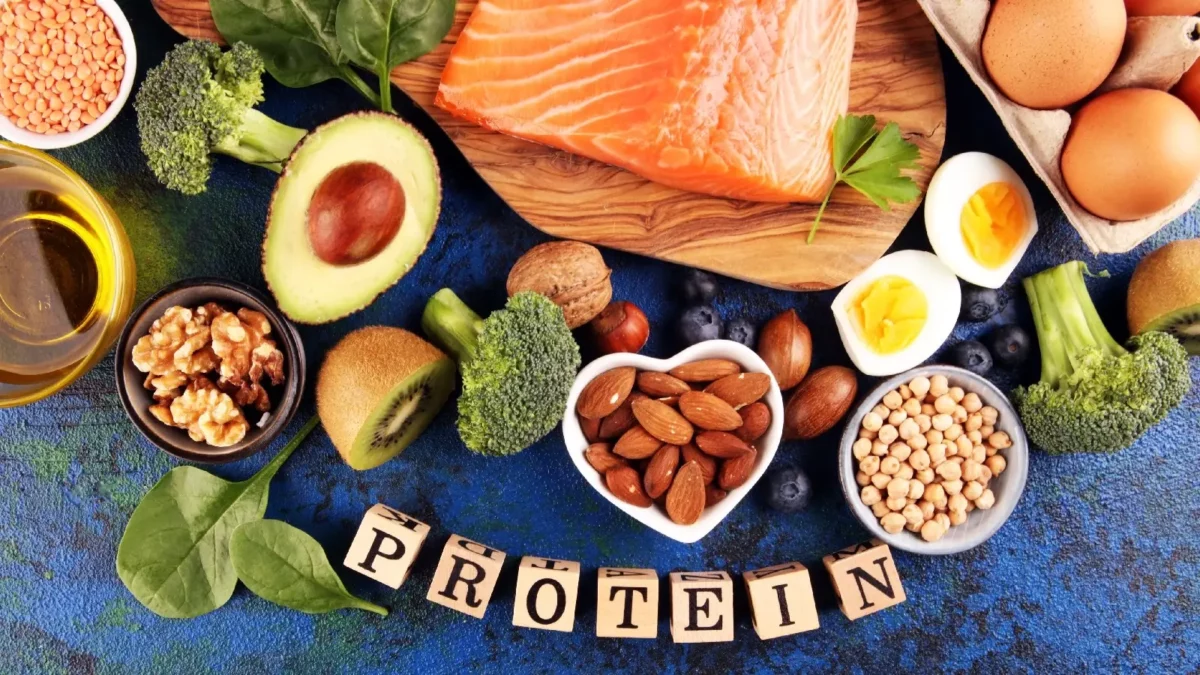Protein is an essential macronutrient that plays a critical role in building muscle, repairing tissue, and producing enzymes and hormones. While meat and fish are well-known protein sources, there’s a growing interest in plant-based alternatives. Whether you’re a vegetarian, vegan, or simply cutting down on animal products, here are five excellent sources of protein that can fit easily into your diet.
1. Legumes: The Protein-Packed Powerhouses
Legumes, such as lentils, beans, and chickpeas, are not just high in protein but also fiber, iron, and antioxidants. A cup of cooked lentils, for instance, can provide about 18 grams of protein, making them a fantastic meat substitute. They are versatile in the kitchen, serving as the base for dishes like dahls, salads, and veggie burgers.
2. Quinoa: The Complete Protein Seed
Quinoa, often mistaken for a grain, is a seed and one of the few plant foods that contain all nine essential amino acids, making it a complete protein. One cup of cooked quinoa offers about 8 grams of protein. Its fluffy texture and nutty flavor make it a delightful substitute for rice or pasta.

3. Nuts and Seeds: Nutrient-Dense Snacks
Nuts and seeds are small but mighty sources of protein. Almonds, walnuts, pistachios, chia seeds, flaxseeds, and pumpkin seeds are just a few examples that pack a protein punch. Sprinkling a mix of these on your salad, yogurt, or smoothie can boost your protein intake and provide healthy fats that are good for heart health.
4. Tofu and Tempeh: The Versatile Soy Products
Tofu and tempeh are made from soybeans, which are a complete source of protein. Tofu can be soft or firm and is wonderfully absorbent, taking on the flavors of whatever it’s cooked with. A 4-ounce serving of tofu can provide about 9 grams of protein. Tempeh has a nuttier flavor, a firmer texture, and more protein, with about 20 grams per half-cup.
5. Spirulina: The Protein-Rich Algae

Spirulina, a type of blue-green algae, is a surprising protein contender with a whopping 4 grams of protein per tablespoon. It’s also rich in nutrients like B vitamins, iron, and manganese. Spirulina can be added to smoothies, juices, or sprinkled on salads or soups for a nutrient and protein boost.
A World of Protein Beyond Meat
The world of plant-based nutrition is abundant with protein sources. Whether you’re a dedicated vegan or an omnivore looking to diversify your protein sources, these five foods can add both variety and nutrition to your meals. They not only offer the necessary building blocks for your body but also come with a plethora of other health benefits, from fiber to essential vitamins and minerals. Remember their names and make them staples in your kitchen for a strong, vibrant, and healthful life.
